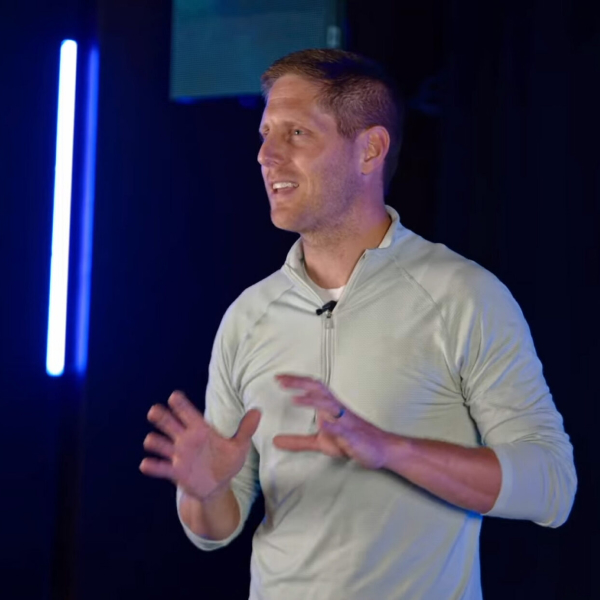Do you know the number one factor that drives top-performing teams? (It seems like this is a question we should all know the answer to.)
In 2012, Google set out to answer this question through a large initiative called Project Aristotle. (Learn more about this here).
To make a long story short, they found two key findings:
-
The composition of the team does not seem to matter. Rather, what does seem to matter is…
-
Psychological safety

To introduce and describe psychological safety to you, let me quote the foremost expert on the topic, Amy Edmondson:
“Simply put, psychological safety makes it possible to give tough feedback and have difficult conversations without the need to tiptoe around the truth. In psychologically safe environments, people believe that if they make a mistake others will not penalize or think less of them for it. They also believe that others will not resent or humiliate them when they ask for help or information. This belief comes about when people both trust and respect each other, and it produces a sense of confidence that the group won’t embarrass, reject, or punish someone for speaking up. Thus psychological safety is a taken-for-granted belief about how others will respond when you ask a question, seek feedback, admit a mistake, or propose a possibly wacky idea.”
Take a moment and consider: Is your work environment a psychologically safe environment? If you are a leader or manager, do your employees feel like they work in a psychologically safe environment?
If the answer to either of these questions is “no,” then you are not operating as effectively or as innovatively as you could otherwise.
How Do You Create a Psychologically Safe Work Environment?
As I mentioned in this prior blog post, the level of the solution always occurs at the level deeper than the problem. So, if the problem is that people do not feel their environment is such that their coworkers/manager will not respond favorably if they were to ask a question, admit a mistake, or propose a new idea, then we need to identify a solution that deals with what drives such a work environment.
At the heart of psychologically unsafe work environments are closed mindsets. People possess closed mindsets when they desire to promote an image where they must look good and be seen as being right. These desires cause people to self-protect, and in the process, close themselves from the ideas and suggestions of others.
According to Ray Dalio, the founder of Bridgewater Associates, he states that a key foundational principle that helped his organization become the largest and most successful hedge fund of all time is radical open-mindedness. Of this, he states:
-
“Closed-minded people see being right as being a winner and being wrong as being a loser. But, that is not the case. To me, it’s pointless when people get angry with each other when they disagree because most disagreements aren’t threats as much as opportunities for learning. People who change their minds because they learned something are the winners, whereas those who stubbornly refuse to learn are the losers.”
-
“Holding wrong opinions in one’s head and making bad decisions based on them instead of having thoughtful disagreements is one of the greatest tragedies of mankind. Being able to thoughtfully disagree would so easily lead to radically improved decision making in all areas—public policy, politics, medicine, science, philanthropy, personal relationships, and more.”
-
“Radically open-minded people know that coming up with the right questions and asking other smart people what they think is as important as having all the answers. They understand that you can’t make a great decision without swimming for a while in a state of “not knowing.” That is because what exists within the area of “not knowing” is so much greater and more exciting than anything any one of us knows.”
In all, the key to creating a psychologically safe environment is by shifting employees’ mindsets from being closed to open.
Recent Study
This is demonstrated in a recent study that I conducted.
At the beginning of the study, we measured the degree to which the employees felt like their manager had an open mindset. Then, a few weeks later, we asked those employees to rate the psychological safety of their work environment. Below are the results:

This figure demonstrates that the more managers possess an open mindset, the more likely employees are to feel psychologically safe.
Invitation
Would you like to get a read on the degree to which your leaders, managers, and/or employees possess an open mindset?
If so, I would be happy to work with you in an easy, straight-forward way to assess and gauge the mindsets in your organization. I’ll provide you with a link to share, and after the data is collected, I can give you a comprehensive mindset report. It would look something like this.
If this is of interest to you, click below and enter your contact information:










